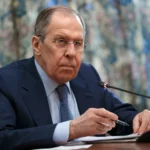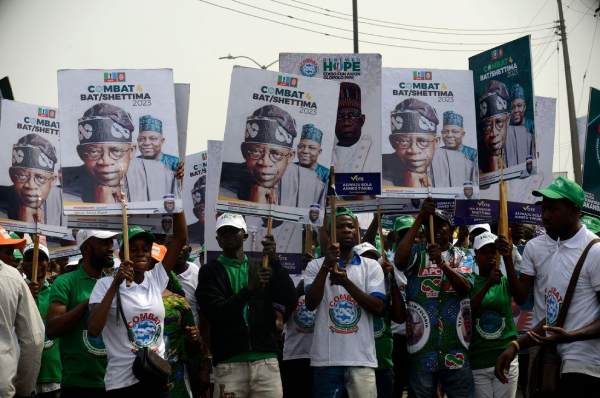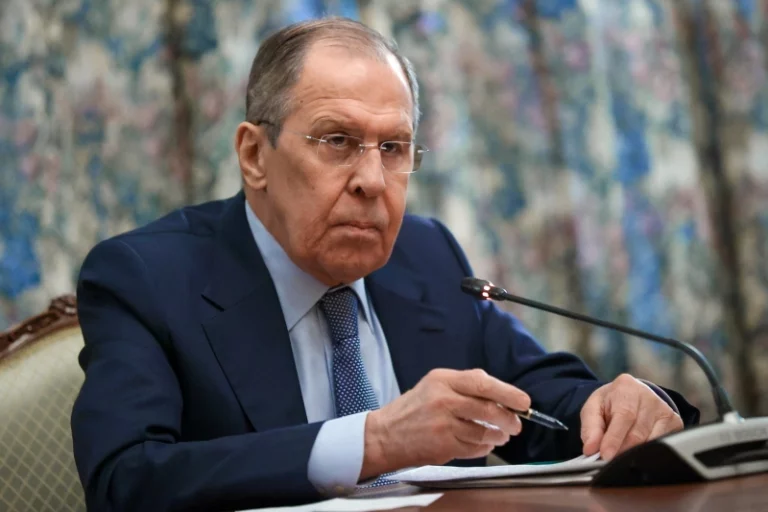Nigeria’s economy grew by 3.52% year-on-year in the fourth quarter of 2022, beating the median estimate of 2.5% from a Bloomberg survey of four economists. The National Bureau of Statistics reported that the growth was mainly driven by the services sector, which contributed over half of GDP and grew by 5.69%. However, floods slowed the growth of the agricultural sector to 2.05%, compared to 3.6% in the preceding quarter.
The non-oil sector expanded by 4.4% in the quarter, mainly due to growth in telecommunications, trade, and agriculture. On the other hand, the oil sector contracted by 13.4%, as production fell to an average of 1.34 million barrels per day, down from 1.5 million barrels per day a year earlier.
The report is a rare bright spot for Nigeria’s economy, which has been grappling with high inflation and widespread joblessness. The data comes just days before Nigeria’s presidential election, which is hotly contested, with all leading candidates vowing to fix an economy in fiscal crisis.
Africa’s largest economy
Nigeria is Africa’s biggest economy, and its growth rate is closely watched by investors and analysts. The country has struggled to diversify its economy away from oil, which accounts for around 90% of its export revenue. While Nigeria is a member of OPEC and has significant oil reserves, it has been plagued by ongoing supply disruptions, hampering efforts to reach its full quota.
In January, Nigeria’s inflation rate rose to 21.8%, its highest level since 2005. In response, the Central Bank of Nigeria unexpectedly raised its benchmark interest rate by 100 basis-points, its highest level in 17 years. The move was aimed at curbing inflation, which has been fueled by the rising cost of food and other goods.
The high inflation rate has led to widespread joblessness and a cash crisis, with shortages of both gasoline and cash spreading nationwide. These issues are likely to be major campaign issues in Nigeria’s presidential election, with the leading candidates vowing to fix the economy.
Despite the challenges facing Nigeria’s economy, some analysts are optimistic about the country’s long-term prospects. Nigeria has a large and growing population, which is expected to drive demand for goods and services in the coming years. The country also has significant natural resources, including oil, gas, and minerals, which could help to drive economic growth.
However, Nigeria’s government will need to address a number of structural issues in order to realize the country’s potential. These include improving infrastructure, tackling corruption, and promoting diversification away from oil. The government will also need to provide a stable and predictable policy environment to attract foreign investment and support private sector growth.
In recent years, Nigeria has made some progress in addressing these issues. The government has launched a number of initiatives aimed at improving infrastructure, including road and rail projects. The country has also taken steps to improve its business environment, with reforms aimed at reducing red tape and improving the ease of doing business.
However, progress has been slow, and there is still much work to be done. Corruption remains a major problem in Nigeria, and it is widely seen as a major barrier to economic growth. The government will need to take stronger action to tackle corruption, including reforming the country’s legal system and improving transparency in government procurement.
Promise of long term growth
While Nigeria’s economy faces significant challenges in the short term, there are reasons for optimism in the long term. The country has significant natural resources and a large and growing population, which could help to drive economic growth in the coming years. However, the government will need to address a number of structural issues in order to realize this potential, including improving infrastructure, tackling corruption, and promoting diversification away from oil.




















